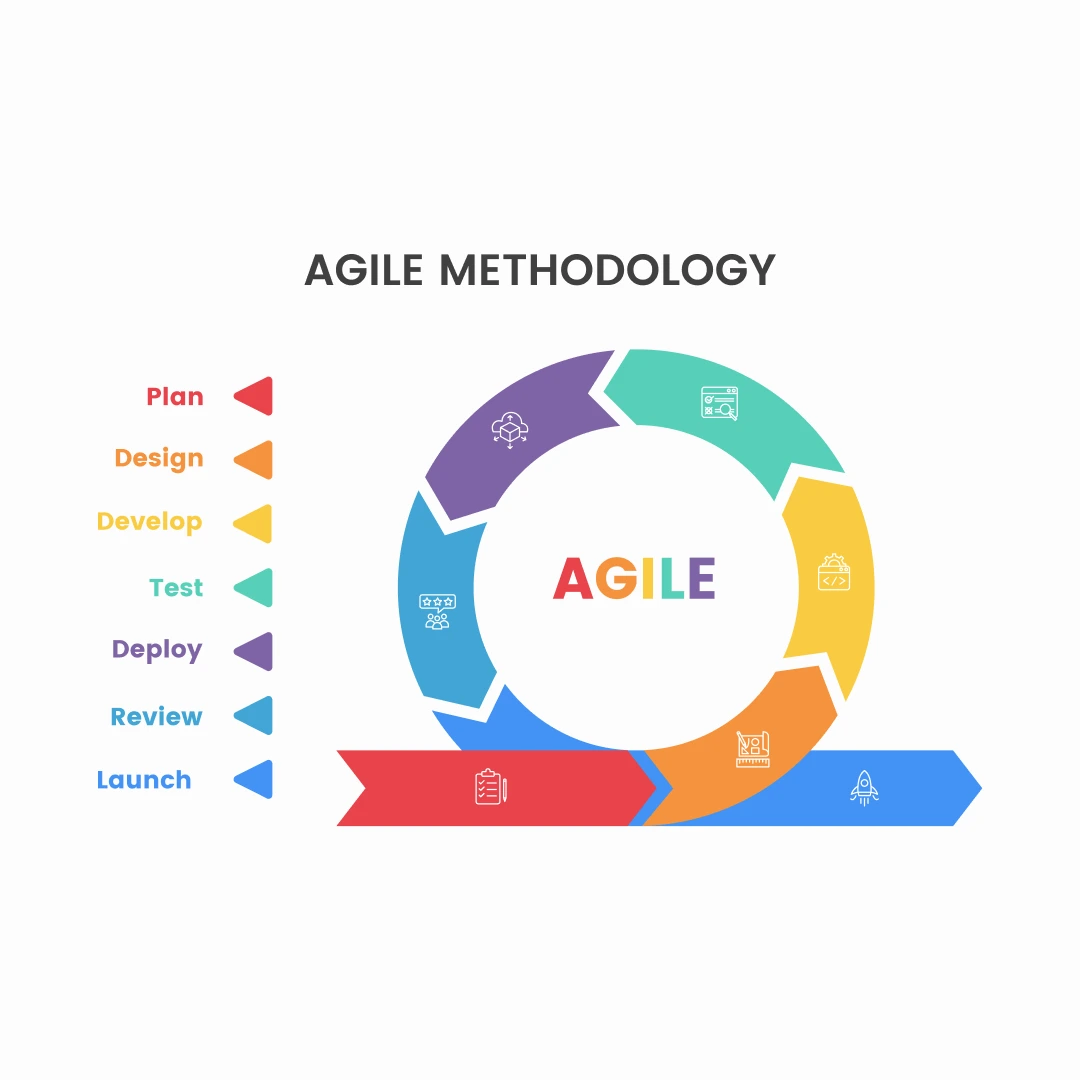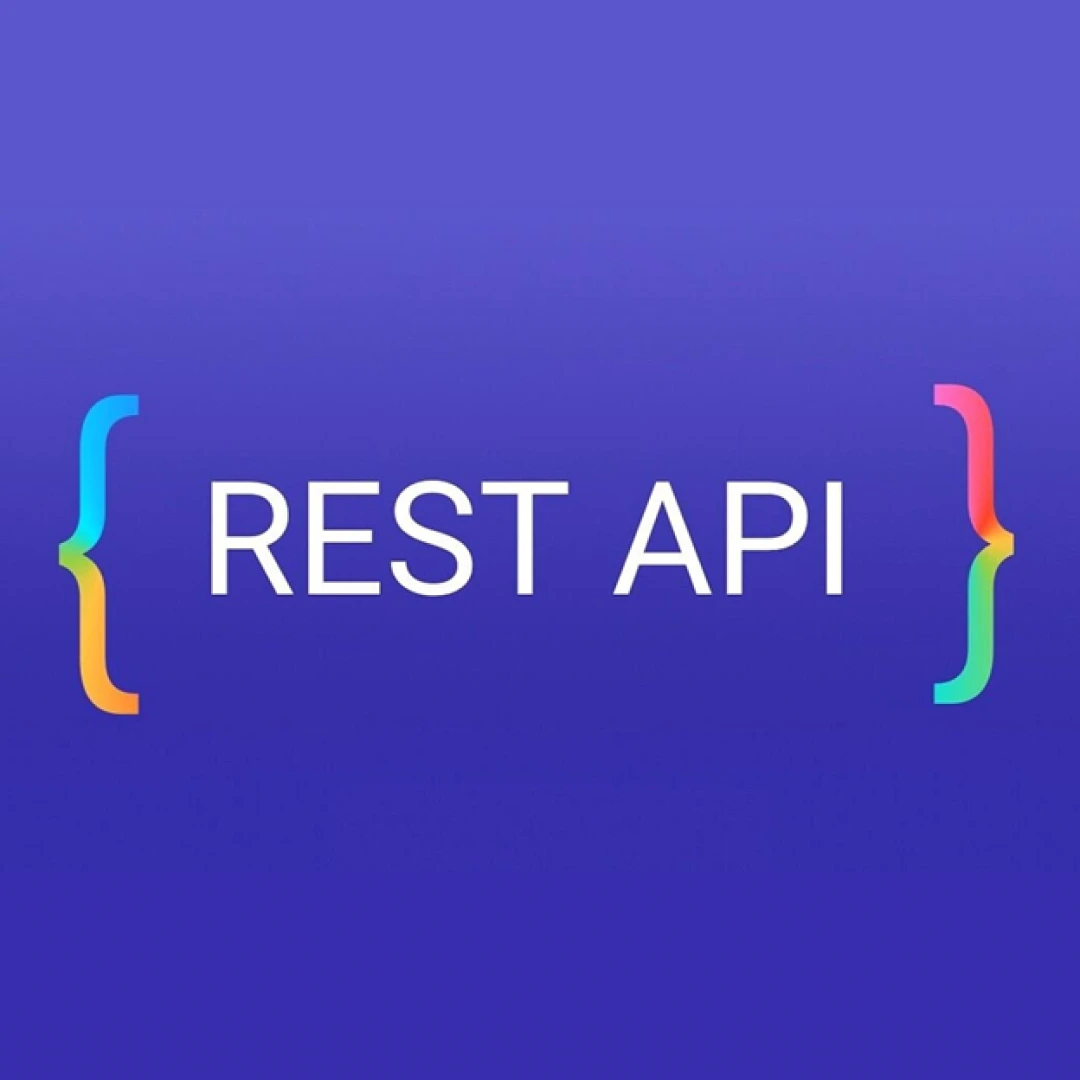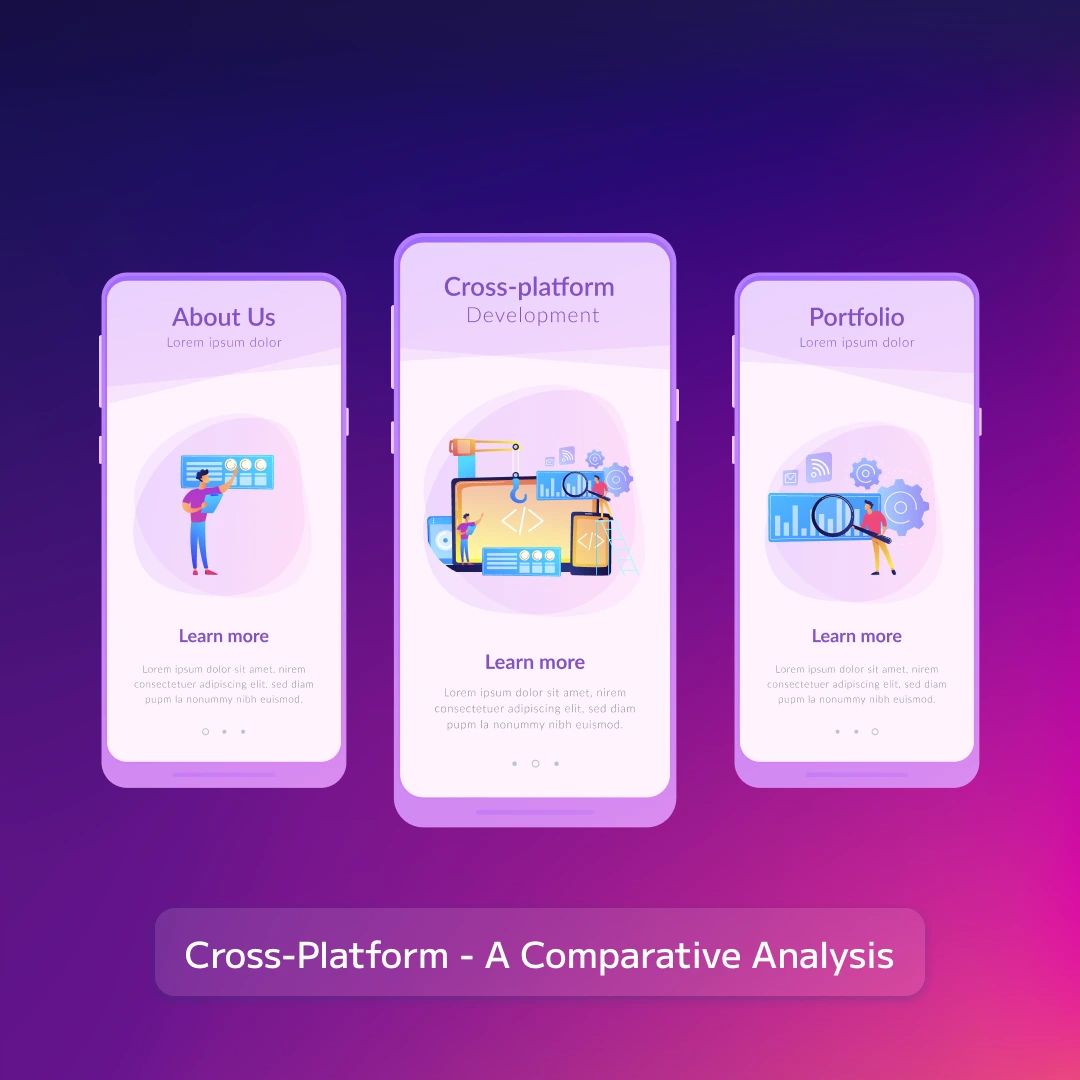

Table of Contents
- What is Cross-Platform Mobile App Development?
- Why Cross-Platform Development is Gaining Popularity
- Flutter
- The Future of Cross-Platform Mobile Development
- Conclusion
- FAQs
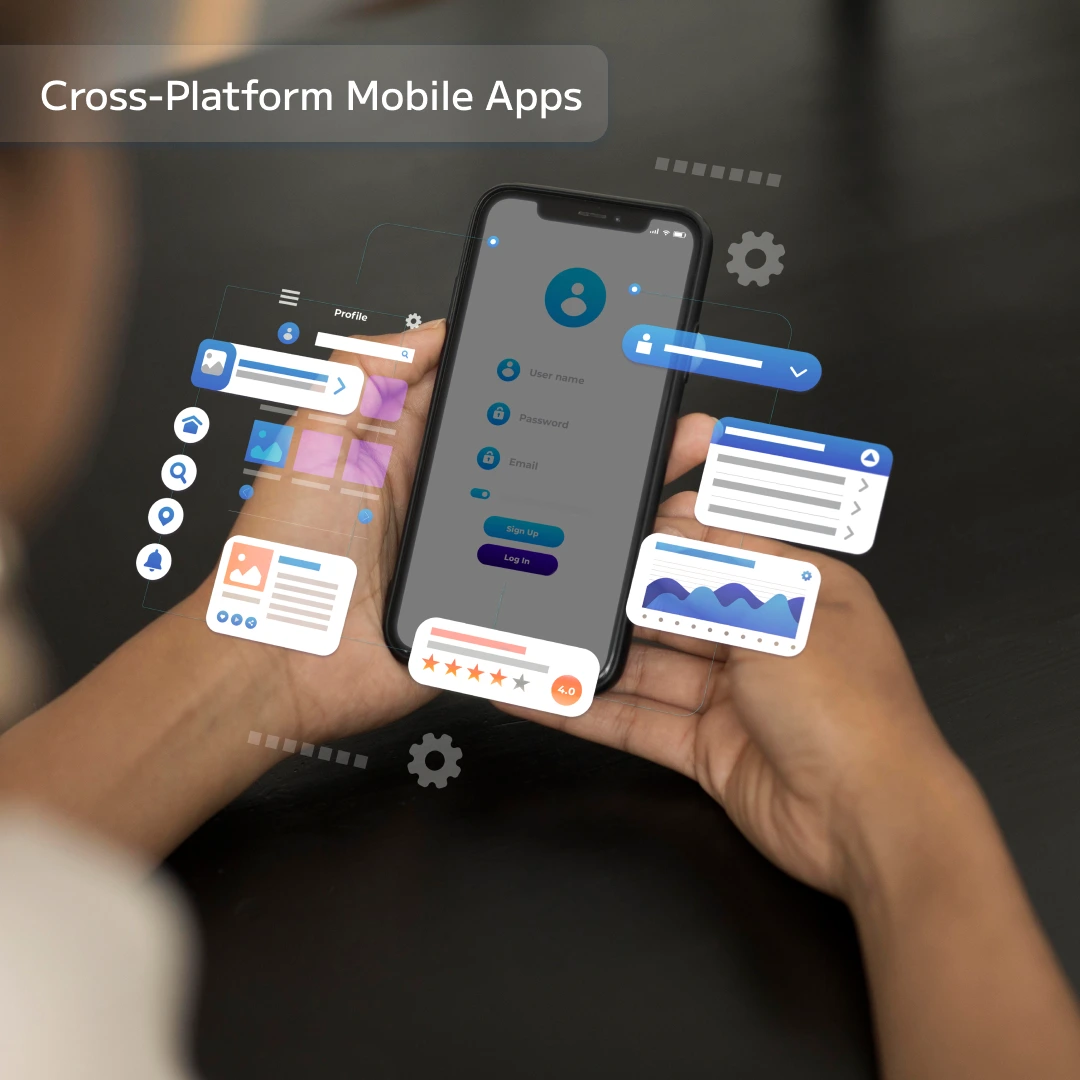
Blue IT Systems specializes in developing cross-platform mobile apps that work seamlessly across various devices and operating systems. By using advanced frameworks like React Native and Flutter, we create robust and efficient applications that deliver a consistent user experience, whether on Android, iOS, or web. Our expert team ensures that the apps are scalable, secure, and optimized for performance, helping businesses reach a wider audience while reducing development time and costs.
What is Cross-Platform Mobile App Development?
Cross-platform mobile app development refers to building mobile applications that can run on multiple operating systems like iOS and Android using a single codebase. This approach allows developers to write the code once and deploy it across various platforms, reducing development time and cost. At Blue IT Systems, we turn your ideas into functional, high-quality apps that perform flawlessly across all platforms.
Why Cross-Platform Development is Gaining Popularity
- The Rise of Mobile Apps
- Cost and Time Efficiency
- Native vs. Cross-Platform: A Brief Overview
- Popular Cross-Platform Development Frameworks
With millions of apps on both the Apple App Store and Google Play, businesses are constantly trying to stay ahead of the curve by reaching both Android and iOS users. Building separate apps for each platform can be resource-intensive. Cross-platform development offers a solution by allowing companies to develop one app that functions on multiple platforms.
Creating and maintaining separate apps for Android and iOS not only increases initial development costs but also adds to ongoing maintenance and updates. Cross-platform development saves time and reduces costs by offering a unified solution that works across platforms.
Native app development refers to creating apps specifically for one platform, like iOS or Android, using platform-specific programming languages. Cross-platform development, on the other hand, aims to serve both platforms with a single codebase, using frameworks that bridge the gap between platforms.
There are several frameworks available today that facilitate cross-platform development. Let’s take a closer look at some of the most popular ones.
Flutter
Overview and PopularityFlutter is Google’s open-source UI toolkit that allows developers to build natively compiled applications for mobile, web, and desktop from a single codebase. Known for its fast performance and customizable widgets, Flutter has rapidly grown in popularity since its launch.
Pros and Cons of FlutterPros:
- High performance due to direct compilation to native code
- Extensive widget library for UI design
- Fast development cycle
- Still relatively new with a smaller community compared to other frameworks
- Limited third-party libraries
React Native
Overview and PopularityReact Native, developed by Facebook, is one of the most widely used cross-platform frameworks. It enables developers to use JavaScript and React to build mobile applications.
Pros and Cons of React NativePros:
- Large community and extensive third-party libraries
- Reusable components across platforms
- Strong performance
- Native modules sometimes required for advanced features
- Slightly slower than native apps in some cases
Xamarin
Overview and PopularityXamarin, backed by Microsoft, allows developers to build cross-platform apps using C# and the .NET framework. It’s a powerful option for developers familiar with Microsoft’s ecosystem.
Pros and Cons of XamarinPros:
- Strong integration with Microsoft tools
- Code sharing across multiple platforms
- High performance for most applications
- Larger app sizes
- Limited free options; enterprise features require licensing
Other Frameworks: Ionic and Cordova
Overview of Ionic and CordovaIonic and Cordova are older frameworks that have been around for quite some time. They allow developers to use web technologies like HTML, CSS, and JavaScript to create mobile apps.
Pros and Cons of XamarinPros:
- Easy to use for web developers
- Access to a large number of plugins
- Performance lags compared to newer frameworks
- Limited access to native features
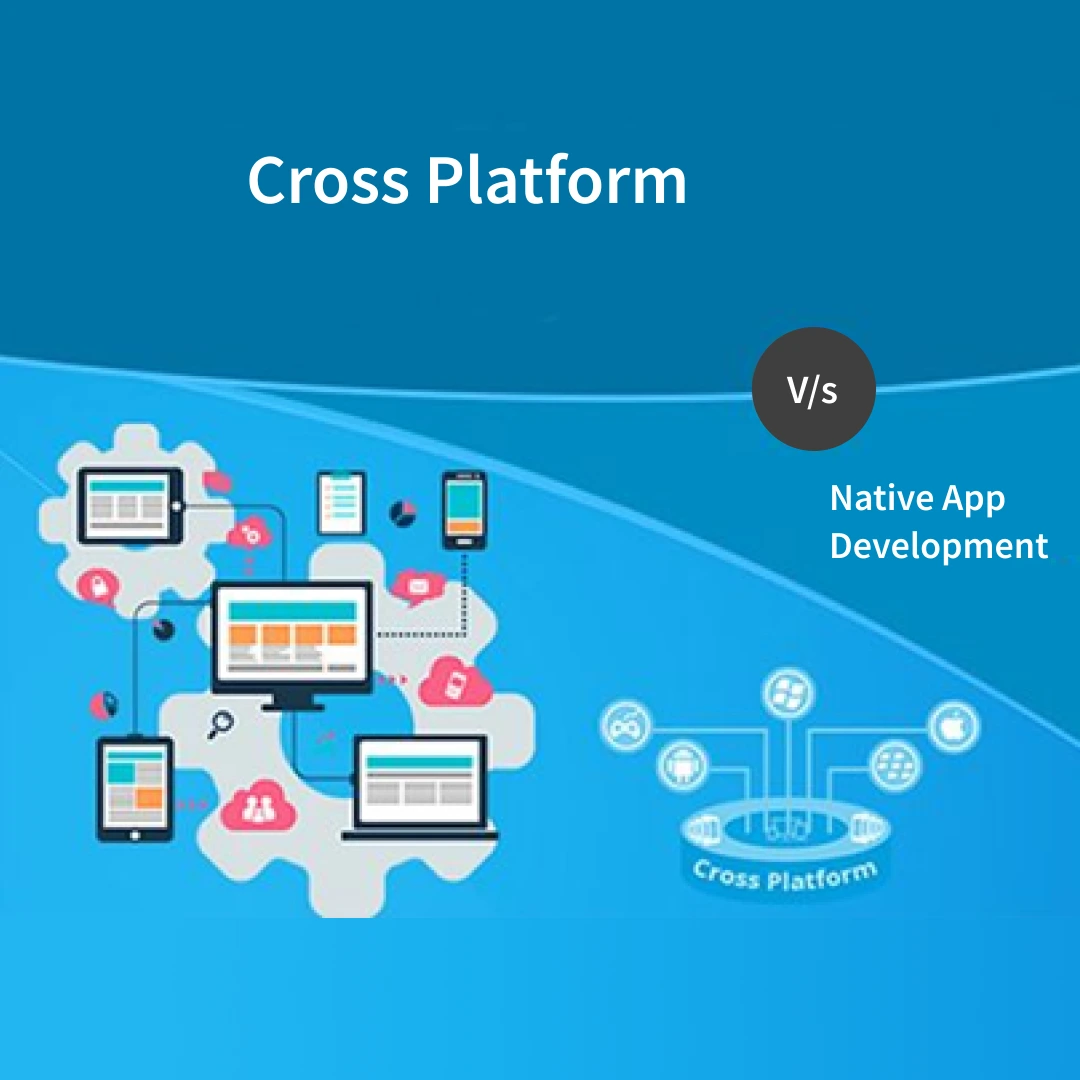
Key Advantages of Cross-Platform Development
A major advantage of cross-platform development is the ability to maintain a single codebase for multiple platforms, reducing the time and effort required for updates and bug fixes.
By writing code once and deploying it across multiple platforms, developers can significantly reduce the time it takes to bring an app to market.
Since cross-platform apps require less development and maintenance, they tend to be more cost-efficient than native apps.
With a cross-platform app, you can reach users on both iOS and Android without having to build separate apps.
Common Challenges in Cross-Platform Development
Cross-platform apps, while convenient, may not perform as smoothly as native apps, particularly when it comes to complex or resource-intensive features.
It can be challenging to achieve a truly native feel in terms of user interface and experience with a cross-platform app.
Cross-platform apps may struggle with integrating some native device features, requiring additional plugins or custom code.
Although having a single codebase simplifies development, maintaining compatibility with the ever-evolving versions of operating systems can be a challenge.
Cross-Platform vs. Native Development: A Detailed Comparison
Native apps generally have the edge in terms of performance, especially for high-performance needs like gaming or augmented reality applications.
Native apps allow for a more tailored UX, while cross-platform apps may face challenges in fully replicating the native look and feel.
Cross-platform apps are cheaper and faster to develop, especially for smaller projects. However, larger, more complex apps may benefit from the precision and performance of native development.
Cross-platform apps offer easier maintenance since changes can be made to a single codebase. Native apps require separate updates for each platform.
Native apps typically have stronger security, as they can leverage platform-specific security features more effectively.
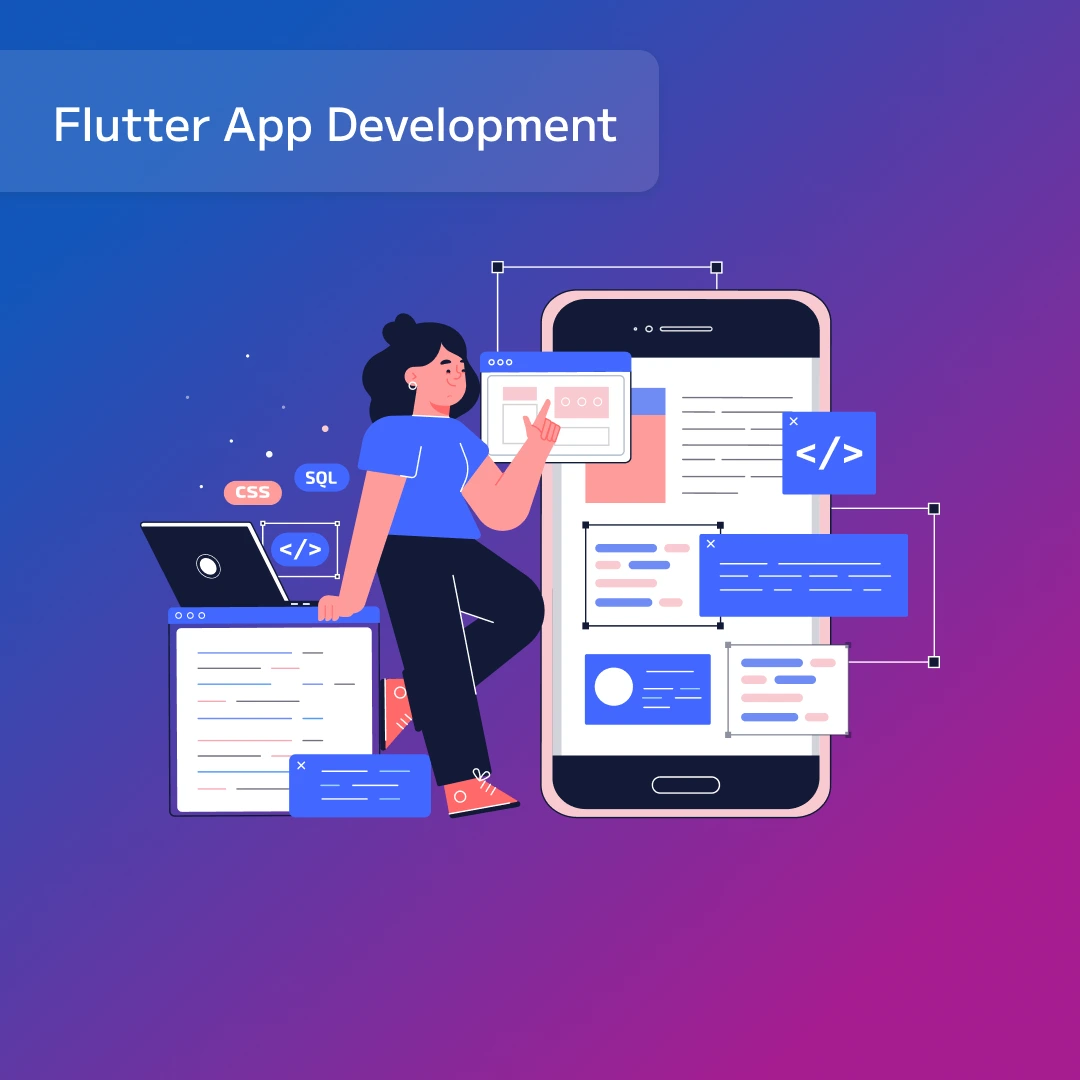
Use Cases for Cross-Platform Development
Cross-platform development is ideal for apps with simpler functionalities or when targeting a wide range of platforms without requiring extensive native features.
Many well-known apps, including some major social media and productivity apps, have been built using cross-platform frameworks.
The Future of Cross-Platform Mobile Development
As frameworks like Flutter and React Native continue to improve, cross-platform development is becoming an increasingly viable alternative to native app development.
While native apps will likely always have their place for performance-critical applications, cross-platform development is poised to become the go-to solution for many businesses.

Conclusion
Cross-platform mobile app development has come a long way and presents a highly viable alternative to native app development, especially for businesses looking to save time and costs. With the rise of advanced frameworks like Flutter and React Native, the future looks bright for cross-platform solutions.
Blue IT Systems specializes in developing high-quality cross-platform mobile applications that seamlessly run on multiple operating systems such as iOS and Android. Our expert team uses the latest technologies and frameworks, like React Native and Flutter, to create efficient, scalable apps that offer a consistent user experience across devices. Whether you're a startup looking to expand your mobile presence or an established business aiming to streamline your digital offerings, Blue IT Systems ensures your app is optimized for performance, security, and user satisfaction—saving you time and resources with a single codebase approach.
FAQs
It depends on the app's requirements. For complex apps requiring high performance, native development is usually better. However, cross-platform development is ideal for simpler, cost-effective solutions.
Yes, modern frameworks like Flutter and React Native are capable of providing a near-native experience, though there may still be some limitations.
Cross-platform apps can be secure, but native apps typically have access to more robust platform-specific security features.
Some of the top frameworks include Flutter, React Native, and Xamarin.
Consider factors such as the app's complexity, budget, and timeline. If performance and UI are critical, native may be better. If you need speed and cost efficiency, cross-platform is a great choice.


